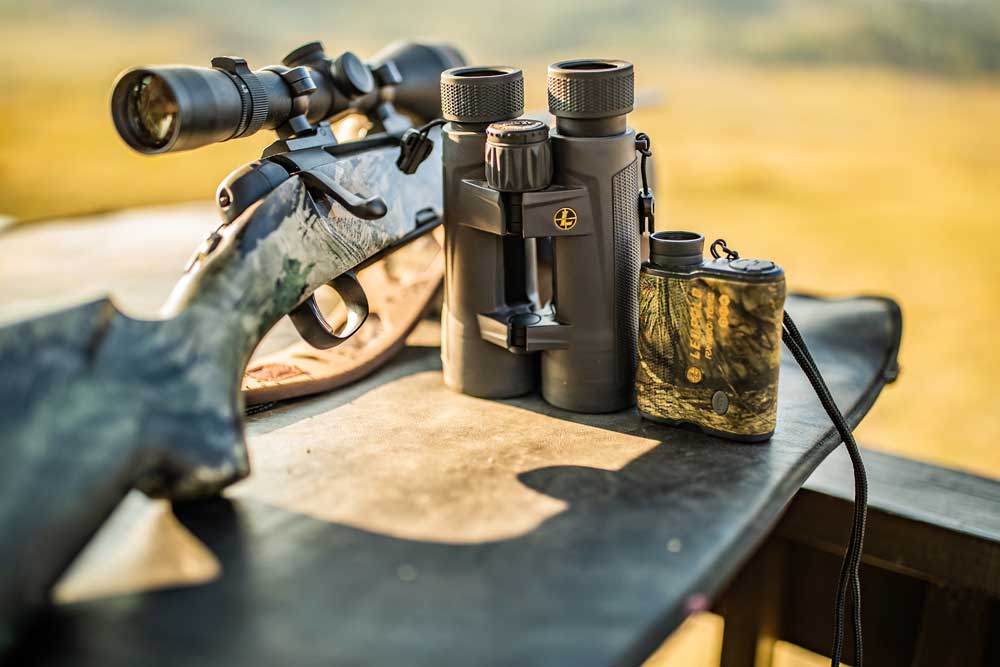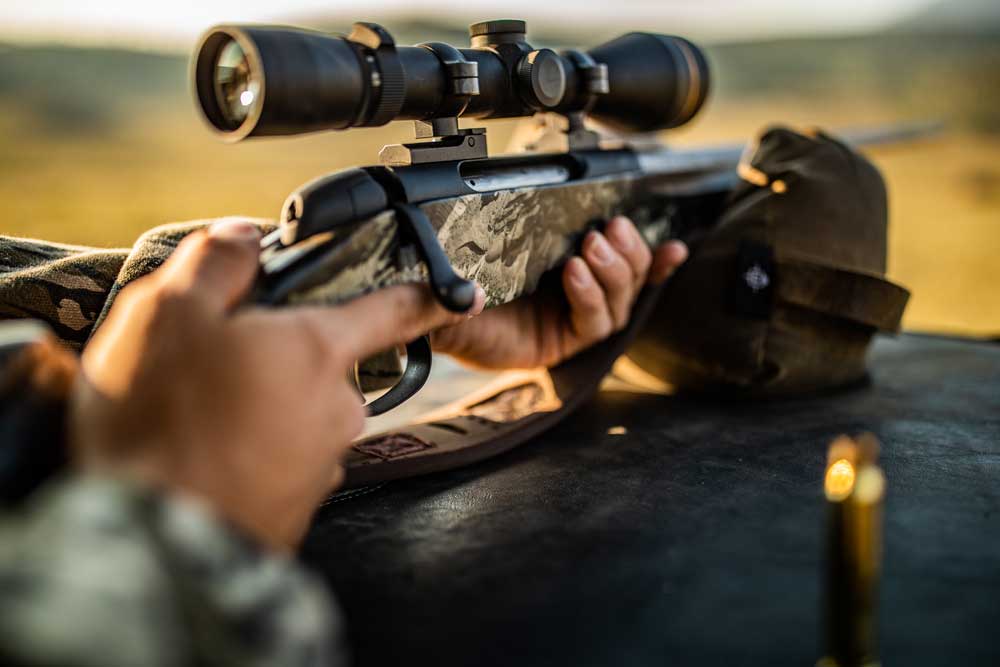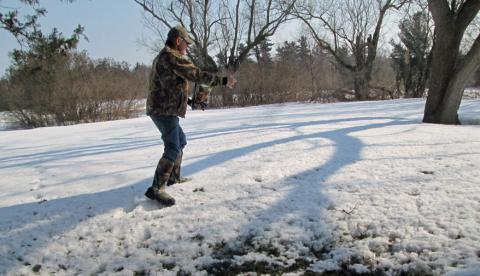Take care of your glass and it will take care of you.
Bob Humphrey
It's the situation that every hunter dreads — The hit list buck you have been after all season is a little tardy heading to bed and shows up in your shooting lane during the dim light of dawn. You raise your rifle, lower your head onto the stock and see a disturbing sight. Rather than a sharp picture of your intended target, you are struggling to see through a screen of dirt and condensation. Before you can react, the buck is gone.

Missing the perfect shot often makes hunters feel like giving up. Fortunately, basic scope lens maintenance can prevent this issue. These rifle scope lens cleaning tips will ensure your glass will be ready when you're on the field, resulting in a long, satisfying hunt and plenty of venison for your freezer.
Tighten Up
Before you start hunting, make sure the fastenings are tight. Afterward, keep checking periodically throughout the season. Once the fastenings start to loosen, the screws will slide out of place until they no longer support the optic.
The signs may be subtle at first, like a clean miss on a chip shot or a gun that will not group. However, if you don't take action, you might lose a day or two in the field. Review this scope lens care guide whenever you're worried about your rifle's performance.
Keep It Clean
Learning the best way to clean your scope lens could mean the difference between a missed target and an impressive score. Many optics use the term “light-gathering ability," but this phrase is a bit misleading. Optics cannot gather any more light than is available. They merely allow it to pass through the lenses — and the cleaner the lenses, the more light passes through.
The first step is determining when to clean. A little dust probably will not hurt, but if there is enough to obstruct your view, especially in low light, it is time to clean. Over time, even fine dirt and dust will attract and hold more of the same, exacerbating the problem, and they may cause condensation to build up rather than beading and rolling off.
How you clean your lenses is also important. Start by removing as much as you can with compressed air or a soft lens brush. Next, apply a gentle rinse. Water is the safest liquid to use, but eyeglass cleaner or 91 percent isopropyl alcohol works well, too, and dries faster. Afterward, wipe the lens with a microfiber lens cloth or lens paper.

When you're on the field, you might feel tempted to wipe the lens with your shirt, a handkerchief or a paper towel. However, these materials may trap dirt or scratch the lens as you're cleaning rifle scope glass. Always plan ahead, and use the right tools for the job.
As you clean, wipe in a continuous, circular motion. While you're at it, you should clean off dirt and dust from the body and moving parts of your binoculars and scopes that might otherwise impede things like focus and zoom functions.
Preventive Maintenance
Every hunter should learn how to clean rifle optics. However, if you take care of your rifle, you might not need to clean your optics in the first place. When you're not using your rifle, keep the cover on the lens to protect the surface from dirt and grime. You could even coat your lenses with an anti-fog solution that keeps moisture from building on the glass.































